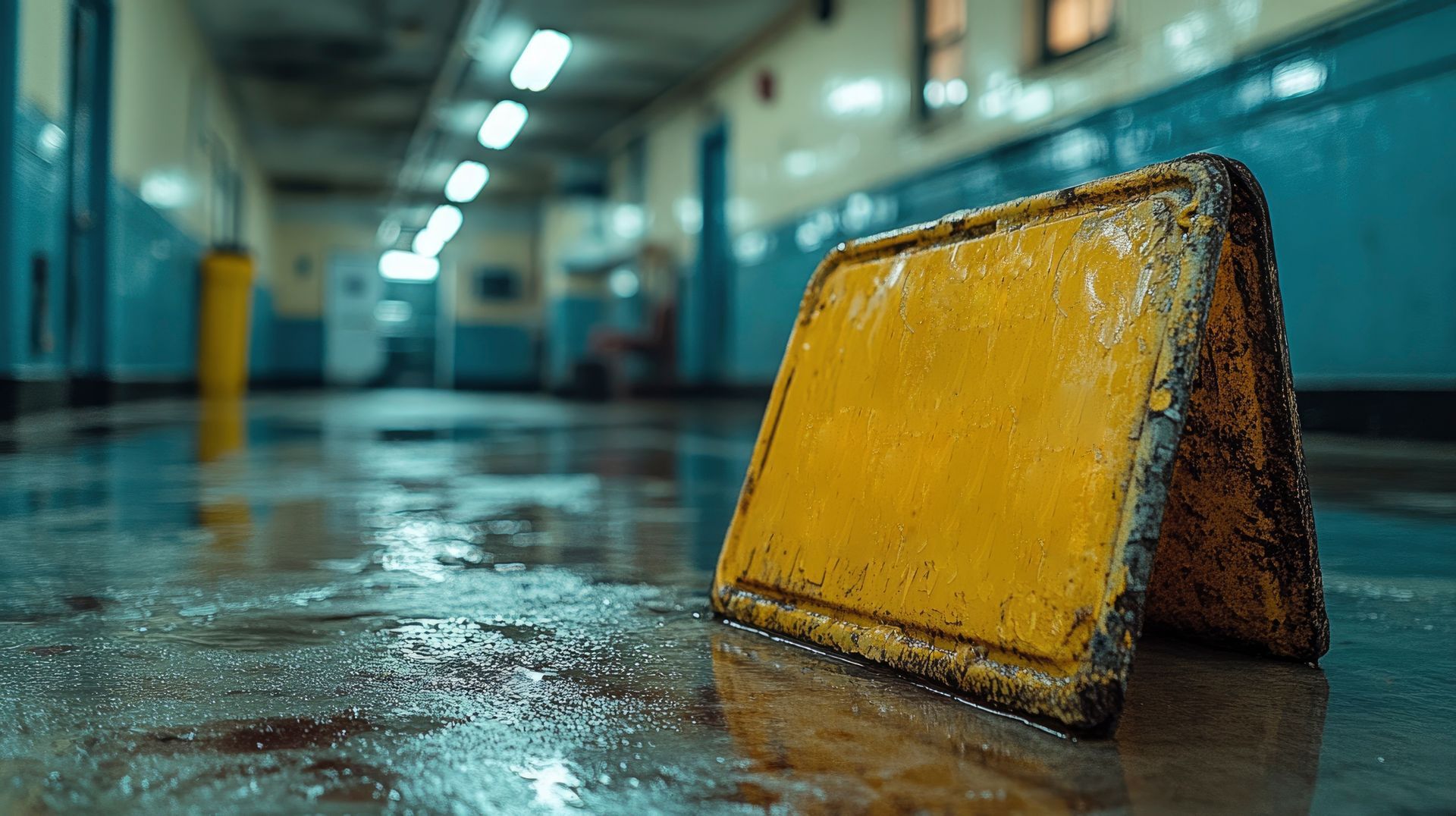Blog

Businesses in Atlanta face many risks, some of which are more predictable and preventable than others. Businesses can take steps to make employee negligence less likely and mitigate the fallout if they arise, but their effectiveness varies depending on the business and its management decisions.
The first line of defense, and the most preferable solution, is to prevent employee negligence from occurring through proper training, setting expectations and holding workers accountable for negligent behavior.
Failing to discipline or terminate employees who behave negligently, even if no one is injured by their behavior, makes it more likely that the behavior will be repeated by the same employee or normalized in the workforce.
The second line of defense is insurance, which provides liability protection for businesses. There are several different types of commercial insurance that protect against negligence in different ways:
- General liability insurance covers third-party injuries or damages attributable to a business’s employees
- Workers’ compensation insurance protects against employee injuries, including those caused by the actions of other employees
- Errors and omissions (E&O) insurance covers mistakes in professional services, including employee negligence
Common Employee Negligence Claim Scenarios
Certain types of businesses are more prone to injury and property damage claims than others. An accounting firm or advertising agency employee is less likely to physically injure a third party in the course of their job than a delivery driver.
For businesses that do have liability exposure, some common claim causes include:
- Car accidents caused by employees either driving company vehicles or their own vehicles while on the clock and performing their job duties
- Errors or mistakes in services or job performance that lead to physical injury, property damage or financial losses for a third party
- Employee actions or inaction that results in injuries on a job site
Premises liability and auto accidents are the most common types of third-party injury claims. People operating a company vehicle or driving for work purposes cause crashes every day. Auto accidents are the leading cause of workplace fatalities and accounted for 38 percent of all workplace deaths in 2022.
A significant percentage of daily traffic on Georgia’s streets and highways is commercial in nature, and each of those drivers is at risk of being injured in an accident or causing a crash that injures or kills third parties.
Premises liability accidents, like slip and falls, can arise in any type of business where customers or clients visit the business’s premises. Consumer-facing shopping and food service establishments are more likely to face premises liability claims due to the nature of the business, their foot traffic and the risks posed by employee actions or inaction.
Wet floors, obstructions left in aisles, unrepaired railings or unaddressed security issues are just a handful of risks that could be present on a business’s premises. Employees should ideally be trained to report, cordon off and address these hazards before accidents and injuries occur. Unfortunately, without strict enforcement and accountability, premises liability injuries can and do happen.
Dealing With Injuries or Damages Caused by Employee Negligence
Businesses can be held vicariously liable for the actions of their employees under the principle of respondeat superior. This may extend to situations where the employee’s actions were explicitly prohibited by company policy.
However, there are some legal protections for businesses. In particular, employers can typically only be held liable if the employee’s actions were within the scope of their job duties. Businesses may be shielded, to some extent, from the intentional misconduct of an employee, such as a scenario in which an employee commits an assault while on the clock.
Employers may be able to successfully argue that the employee was acting outside of their scope of employment and avoid liability with a “frolic defense.” This involves arguing that the employee’s behavior was entirely out of the scope of their employment and was solely in pursuit of their own personal interest.
Even if a frolic defense works, there is still a risk that an employer can be held liable for negligent hiring, supervision or retention. Although the employee was acting on their own, it was the employer’s responsibility to perform adequate background checks, monitor employee behavior and terminate employees known to be a risk to others.
Steps to Take When Negligence Claims Arise
There are several key steps an employer should take if they receive notification of a claim, or their employee has just been involved in an accident likely to lead to a claim:
- Immediately begin investigating the incident by gathering available evidence, photographing the area where the incident occurred, speaking with witnesses and backing up surveillance or dashcam footage, if available
- Notify your business insurer as soon as possible and provide accurate information
- Consider contacting your own
business defense attorney
- Avoid making statements that could be interpreted as an admission of fault
Businesses should also use claims as a learning opportunity. They should conduct post-incident reviews, identify gaps in procedures, and update policies and training to prevent the incident from occurring. Reinforcing accountability among employees at risk of similar incidents reduces the likelihood of future claims.
Defending Atlanta Businesses Facing Negligence Claims
The Law Office of Cameron Hawkins is dedicated to defending all types of Atlanta businesses facing liability claims. Call us at (678) 921-4225 to request a free case evaluation.











